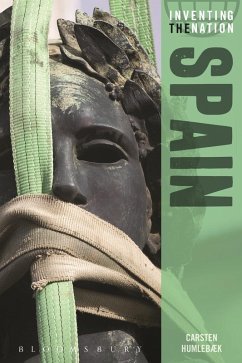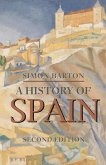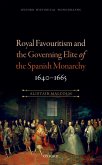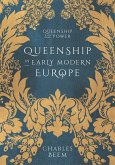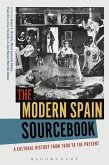Part of the successful 'Inventing the Nation' history series, this book provides an authoritative and compelling history of Spain in the modern period. Humlebæk places a strong emphasis on the construction of the Spanish national identity and looks at how this identity has emerged and survived amidst the tensions created by the competing, distinct regional identities that exist within the country. Language and language policy, decisive factors in the development of these tensions, are thoroughly examined as Carsten Humlebæk explores the history of Spain along with the very nature of what it is to be Spanish.
Beginning with the Napoleonic invasion and the annexation of Spain in 1808, Humlebæk traces Spain's political history through to the present day. He considers the impact of events like the Spanish Civil War and regimes like that of the Restoration on the Spanish sense of national identity before contemplating the future for Spain as a nation-state.
This book is the ideal volume for all students of history interested in the modern history of Spain.
Beginning with the Napoleonic invasion and the annexation of Spain in 1808, Humlebæk traces Spain's political history through to the present day. He considers the impact of events like the Spanish Civil War and regimes like that of the Restoration on the Spanish sense of national identity before contemplating the future for Spain as a nation-state.
This book is the ideal volume for all students of history interested in the modern history of Spain.

